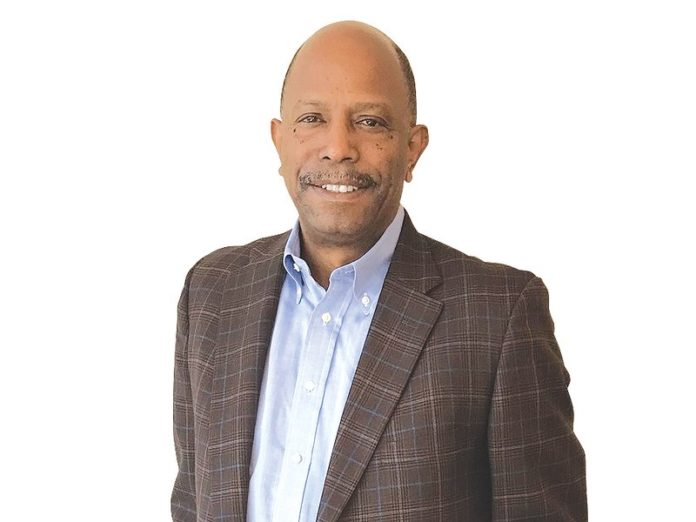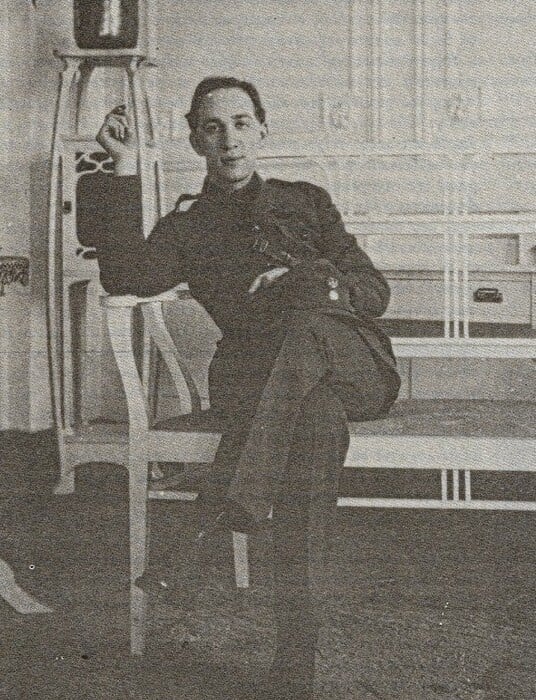
William Payne, a seasoned business and technology executive from the telecommunications industry, is the new executive director of Polsky Science & Technology, a group within the Polsky Center for Entrepreneurship & Innovation at the University of Chicago. Payne, who declines to give his age, and his wife live in Glen Ellyn and have three grown children.
You worked on broadband optical communications, high-speed internet and technologies for mobile telecommunications during the early days of telecoms at Motorola, AT&T, Bell Laboratories and Nokia. How did that feel?
To be on the front end of cable internet and 4G/LTE cellular, which have become pervasive in our lives, was exciting and quite satisfying. No matter where you go in the world, everyone is on the internet, looking at a phone.
What’s the hot tech at Polsky now?
Quantum technology, such as communications, data security, sensors and computing. It feels as exciting as the early stages of telecommunications because of the broad applications.
What was your childhood like?
My parents were both college educated. They sent me to private schools on the South Side of Chicago, and my father was always interested in science.
Was he an inspiration?
I spent a lot of time with him working on science projects. I remember when we made an optical burglar alarm using a silicon photo detector. It took first place at a science fair. For Christmas, I always got science kits.
What was your turning point?
Between my junior and senior years in high school, I participated in a two-week program at Purdue called the Minority Introduction to Engineering. It was a decisive moment.
A favorite movie?
“The Imitation Game,” about Alan Turing, who decrypted German intelligence messages during World War II. Even after all of his contributions, he was ostracized because he was gay. Even now, people will question science based on how they feel about the messenger—their race, sexual orientation and more.
Have you felt that?
Early in my career, there were times when I would make a suggestion during a meeting and people would just nod. But then a Caucasian would make the same comment and people would acknowledge it, appreciate it more.
How did you counter discrimination?
By knowing my stuff, delivering great results and being the ultimate professional. My model was Barack Obama.
What would surprise people about you?
I am the first African American on the Glen Ellyn Board of Trustees since the village’s founding in 1834.
Has it inspired you to higher office?
Not yet.
Most embarrassing career moment?
When I first got promoted at Motorola, I was driving to the CEO’s welcoming meeting for new VPs when I hit a traffic jam. A deer had been struck on I-290.
What happened when you arrived?
There I was, the only African American, feeling proud of my advancement, and I walked in 12 minutes late.
What did you say?
“You are probably not going to believe this . . .”







